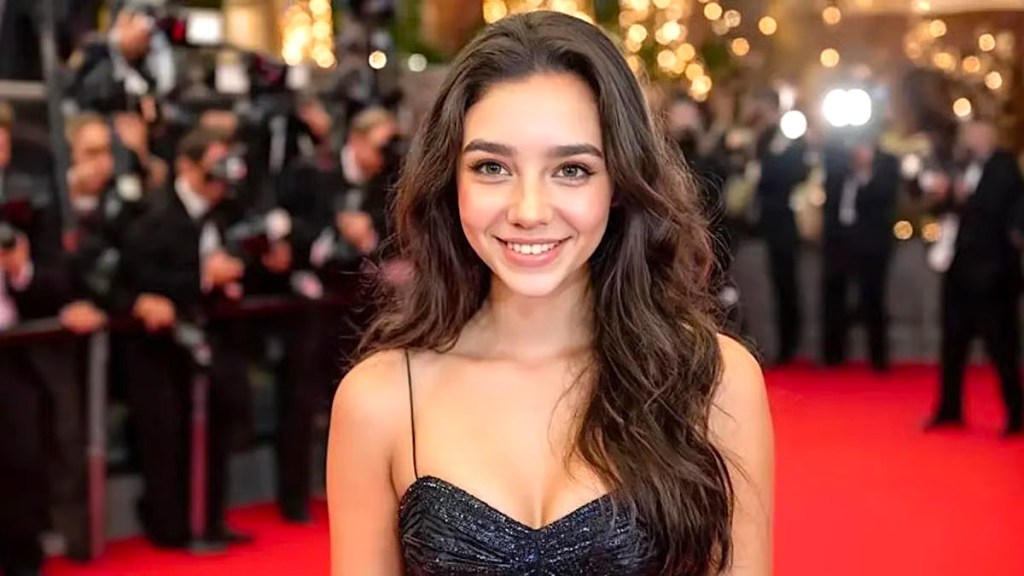“No one with any real deep knowledge of this industry could think AI can start casting films,” veteran casting director Lucinda Syson concluded this morning during a panel discussion at the Thessaloniki Film Festival in Greece.
Syson, whose credits include ensemble titles like September 5 and The Diplomat, as well as blockbusters like Wonder Woman and Batman Begins, was joined on stage by fellow international casting directors Tanja Grunwald (Another Round), Yngvill Kolset-Håga (Sentimental Value), and David Zitzlsperger, founder of the Germany-based software company Denkungsart GmbH.
The panel was dominated by discussion on the use of AI in the industry today and how it might influence how films are made in the future. On the topic, Syson explained that the role of a casting director requires a lot of administrative work, such as wading through information on performers and updating files, which technology could ultimately make more efficient moving forward.
“That kind of help is really useful,” she said. “Technology could really support us in organizing our records and things like that. That could make our lives a lot easier. It’s been amazing to see how technology has been able to take actors all over the world over the years. We even have read-throughs on Zoom now. That is phenomenal.”
Syson, however, added that she begins to find AI troubling when it is floated as a tool for suggesting actors.
“Maybe sometimes that’s useful for quick reference, but the trouble with casting, as everyone’s trying to express here, is that it’s a very creative backstage process,” she said. “It is very hands-on. It’s to do with your relationship with the director or showrunner and the story. It’s a much deeper process than AI just making a few suggestions.”
Zitzlsperger, whose Denkungsart provides software to film commissions and large production companies that allow for significant parts of the production process to be digitized, agreed with Syson and said that “the biggest mistake” industry players are making right now is even entertaining the idea that AI technology could replace their work.
“AI doesn’t need to be able to replace, distract, or obstruct the things that happen in our industry,” he said. “To put this into an example, when you look at the process of the casting director, a producer could very easily think it’s a replaceable role. But they’re not accounting for the amount of knowledge a casting director has that is not quantifiable and is behind every decision.”
Zitzlsperger added: “So for us, as a tech company, we make software, and it is our opinion that there will be a huge change, and we believe in it as well, but we don’t think technology has to replace.”
Elsewhere, the panel was asked about both the European and American Film Academies joining BAFTA in adding competitive casting categories to their award ceremonies. The European Film Academy added the category in May. The Oscars confirmed the category in 2024. The casting category is the first new category added to the Oscars since the best animated feature film category in 2001.
“A lot of us have done a lot of hard work, gently pushing this through so we can be acknowledged as a vital part of the filmmaking process,” Syson said. “It’s been a slow process, but we are really happy that there’s an acknowledgment now.”
Thessaloniki runs until Nov 9.
The post International Casting Directors Talk “Gently Pushing” The Oscars Over Several Years To Add Casting Category & How AI Can Help & Hurt Their Process — Thessaloniki appeared first on Deadline.




